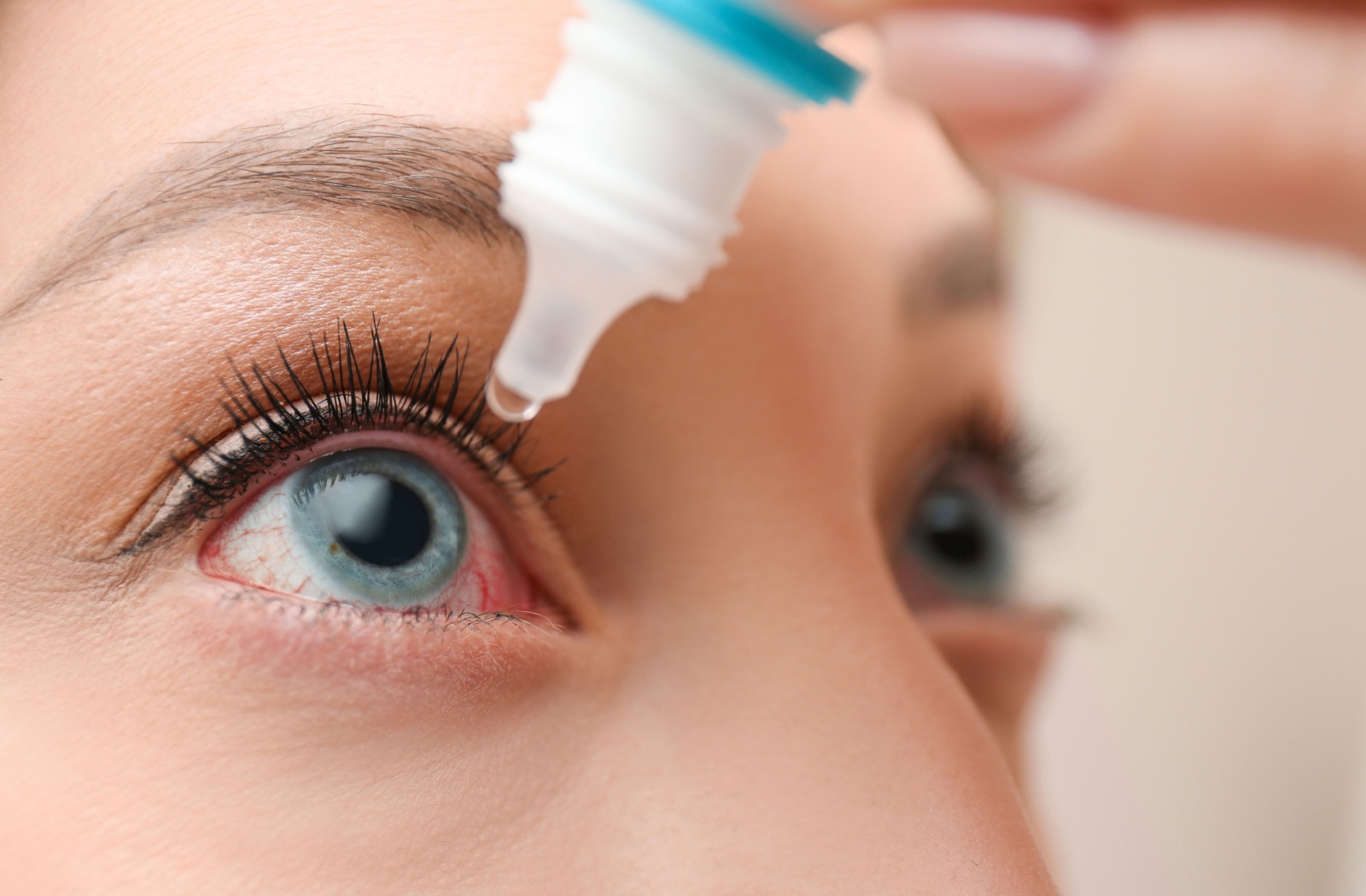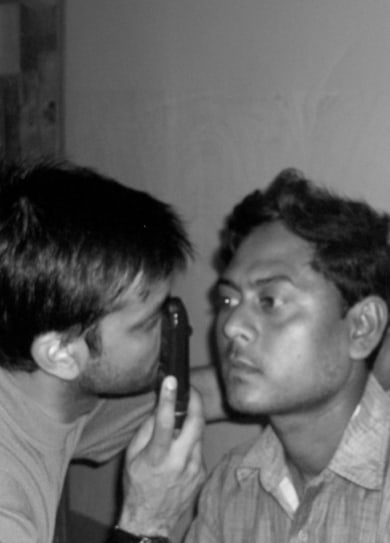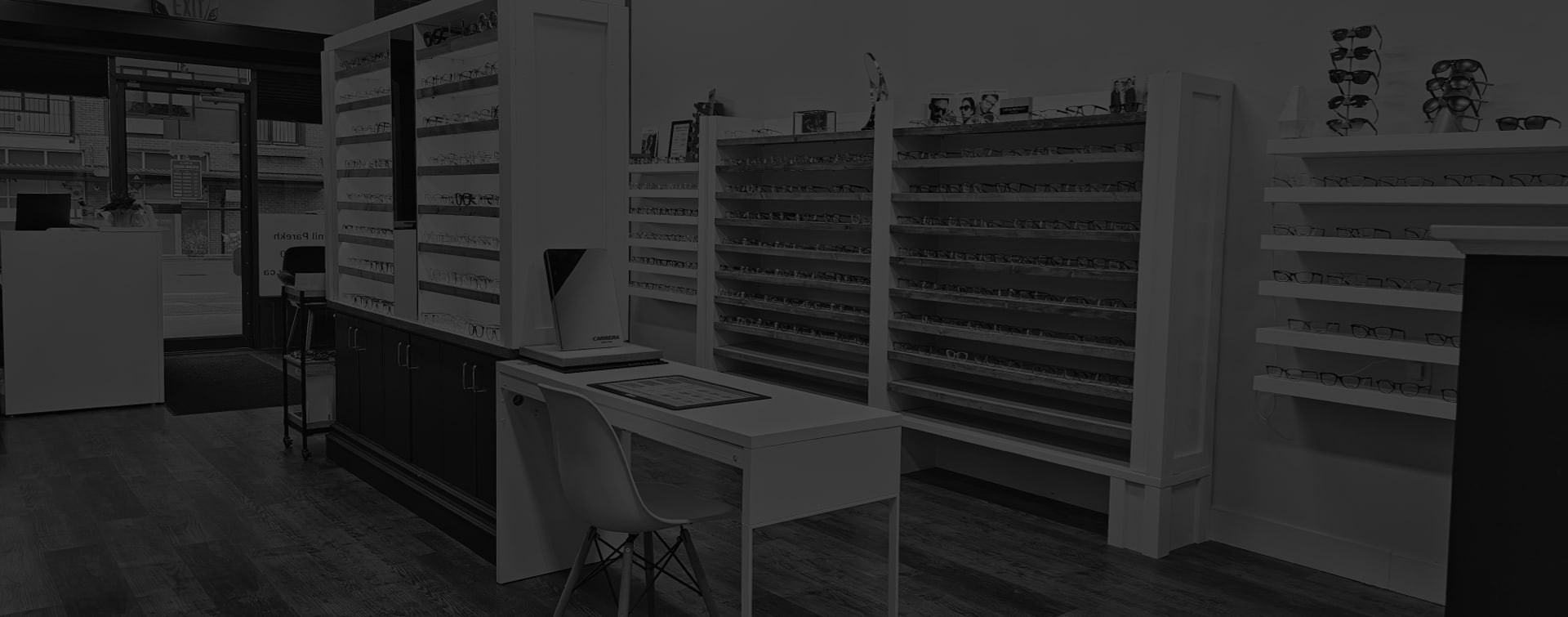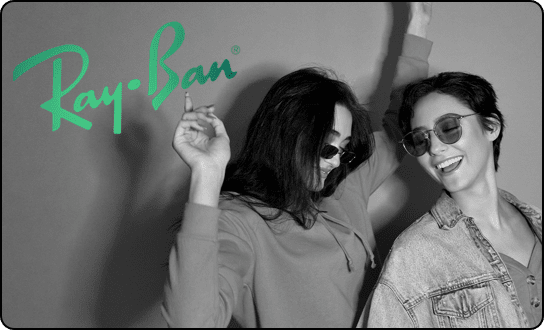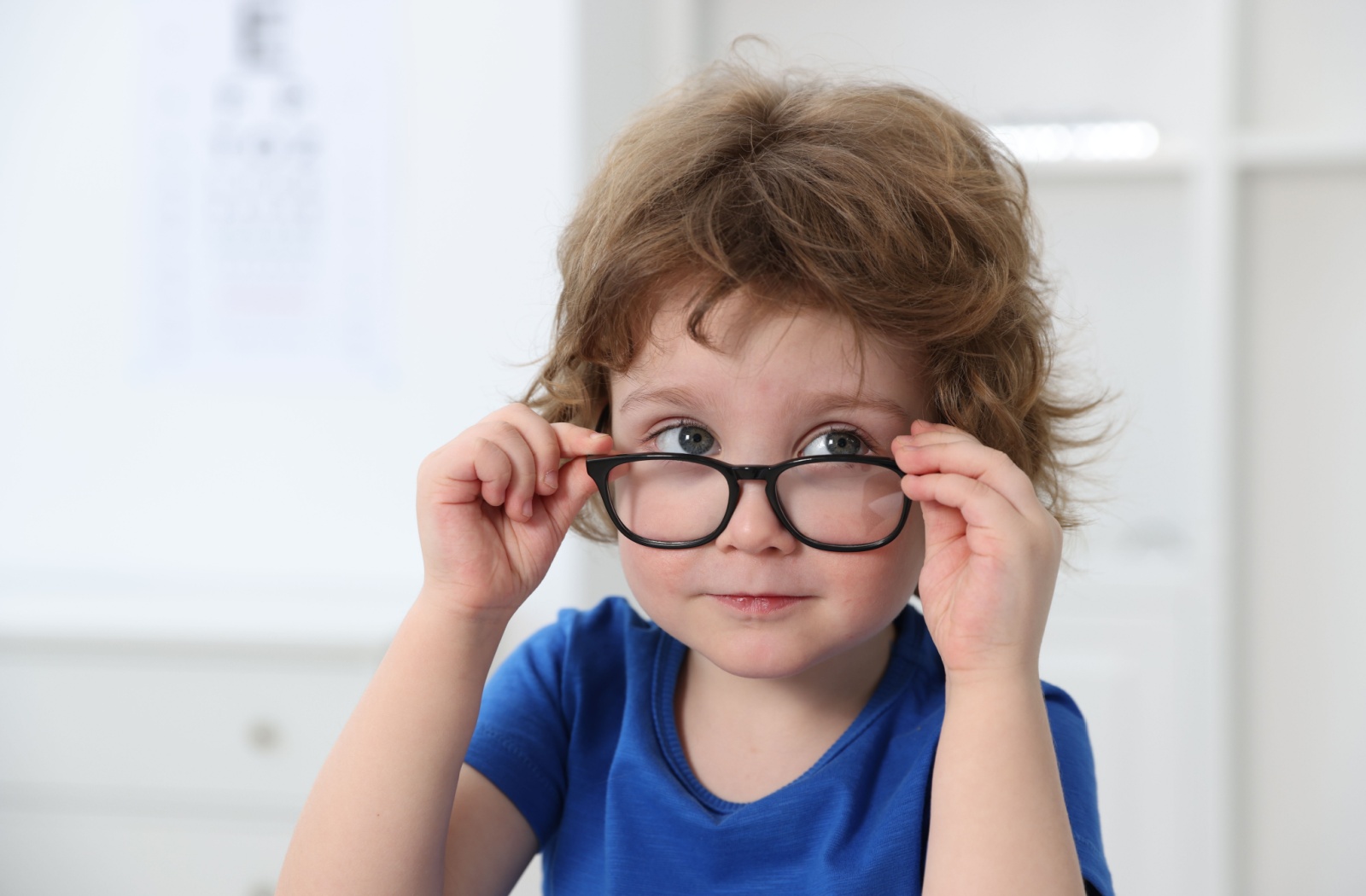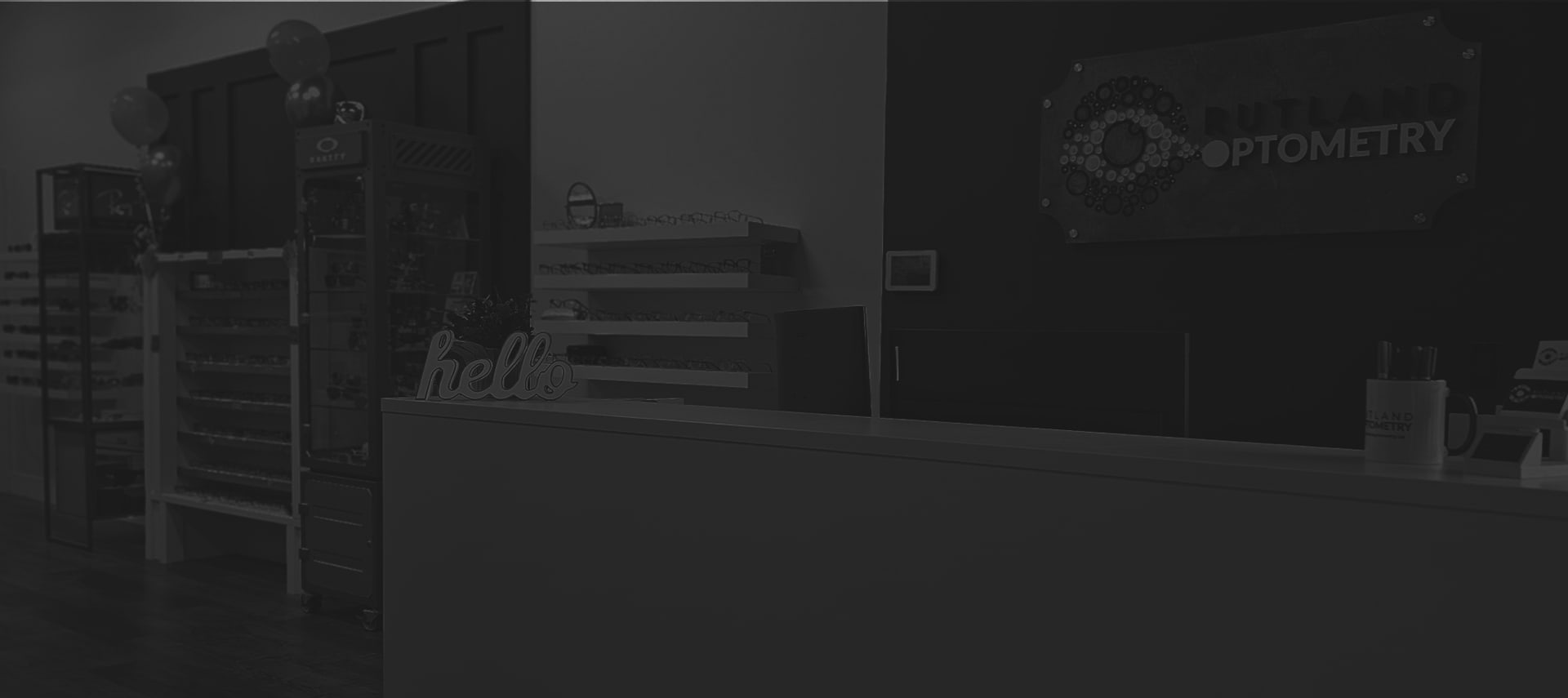When caring for our eyes, we often turn to eye drops to relieve dryness, redness, or other discomforts. They’re easy to use, accessible, and widely recommended for various eye conditions. But once your eye drops have expired, it’s time to toss the bottle because expired eye drops could lead to complications. How long the eye drops last doesn’t have a one-size-fits-all answer because that ultimately depends on the type of eye drops.
Your eye health is precious, and using expired eye drops can pose unforeseen risks. So, you should always consult your eye doctor if you need clarification on whether you should be using an eye drop anymore. If you accidentally use expired eye drops, you should monitor your eyes for signs of trouble and book an eye exam with your eye doctor as soon as you notice anything unusual.
Understanding Expiration Dates on Eye Drops
Eye drop expiration dates are more than just a suggestion. They indicate when the manufacturer guarantees the product’s safety, sterility, and effectiveness. Once an eye drop bottle passes this date, its ability to properly treat your condition and its sterility can no longer be assured.
Sterileness is especially critical for prescription or over-the-counter eye drops because bacteria entering your eyes could lead to infections or irritation. Preservatives in eye drops help keep them free from contamination, but these preservatives degrade over time. Once expired, the solution may become a breeding ground for bacteria, which can compromise the health of your eyes.
Why Manufacturers Include Expiration Dates
There are a few significant reasons that manufacturers are required to label their products:
- Preservative breakdown: The drops’ preservatives degrade over time, reducing their ability to prevent bacterial growth
- Reduced efficacy: Medications can lose potency, making the drops less effective in treating eye conditions
- Contamination risk: Opened bottles are exposed to the environment, increasing the likelihood of contamination
Risks of Using Expired Eye Drops
Using expired eye drops may seem harmless, but the consequences can quickly escalate. The potential side effects of using expired eye drops range from ineffective treatment to serious health complications.
Bacterial or Fungal Eye Infections
Expired eye drops can become a perfect environment for bacteria or fungi to thrive. These contaminated drops may introduce pathogens to your eyes, leading to infections like conjunctivitis (pink eye) or even more severe conditions like keratitis.
Decreased Effectiveness
Eye drops lose their potency after expiration. For example, if you rely on medicated eye drops to treat glaucoma or eye inflammation, using expired products may leave your conditions untreated, possibly worsening your symptoms or damaging your vision.
Eye Irritation or Allergic Reactions
Chemical changes in the expired solution can lead to irritation, redness, or allergic reactions. Harmful byproducts of deteriorated preservatives or active ingredients may cause discomfort or harm.
Corneal Damage
Contamination from bacteria or chemical degradation can lead to corneal issues, which may require medical intervention.
How to Tell If Your Eye Drops Are Expired
While an expiration date is your best indicator, there are additional signs that your eye drops may no longer be safe.
If you see visual changes, such as cloudiness or discolouration of the liquid, or notice particles floating in the solution, this could indicate contamination. An unusual or foul smell can point to bacterial contamination.
A broken seal, leaks, or visible damage to the bottle are all problems. If anything like this happens, you should discard the eye drops—even if the expiration date hasn’t passed.
Proper Eye Drop Storage to Prevent Expiration
Proactive storage practices keep your eye drops safe and help protect your eyes from unnecessary risks. And taking good care of your eye drops ensures they stay effective for as long as possible. Here’s how to store them properly:
- Store them in a cool, dry place, away from heat and sunlight
- Keep the bottles tightly closed after each use to prevent contamination
- Don’t touch the dropper tip to any surface, including your skin or eyes, to avoid introducing any contamination
- Follow specific storage instructions provided with prescription drops—refrigerating them if required, for example
When to Replace & How to Dispose of Eye Drops
When you should replace your eye drops depends on whether the package is open or unopened.
- Unopened bottles: Replace them as soon as they expire, even if unopened
- Opened bottles: Follow the manufacturer’s instruction for disposal time after being opened—even if the expiration date hasn’t passed
How to Safely Dispose of Eye Drops
You should ultimately follow the manufacturer’s instructions for disposable, but there are a couple of things to consider:
- Check local guidelines: Some areas may have specific disposal instructions for medications
- Don’t pour them down drains: Avoid water contamination by refraining from flushing eye drops, especially medicated varieties
- Seal and trash: If local guidelines permit, tightly secure the bottle cap and dispose of it in the trash
Protecting Your Vision is Worth It
Your eyes work tirelessly, allowing you to enjoy the beauty of life—from a stunning sunset to the simple pleasure of reading a favourite book. Ensuring their health and safety is essential, which means adhering to eye drop expiration dates and proper usage guidelines.
If you need more clarification about the condition of your eye drops or how to care for your eyes, consult your eye doctor for tailored advice so you can make an informed decision on eye drop use. Call our team at Rutland Optometry today and book an appointment. One of our experienced optometrists can examine your eyes, review your eye drop needs, and offer expert suggestions.

